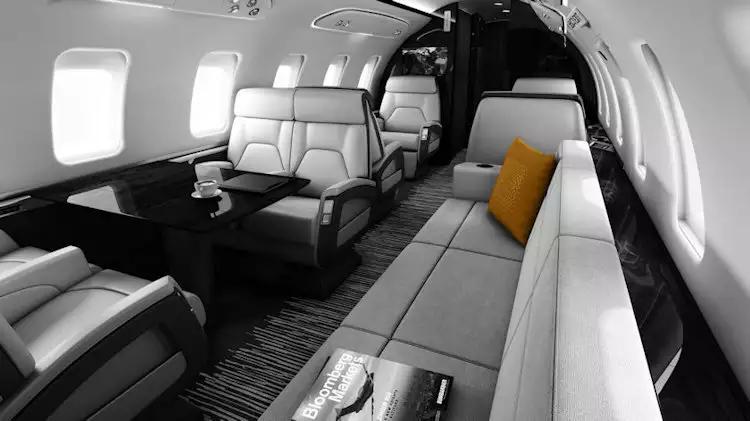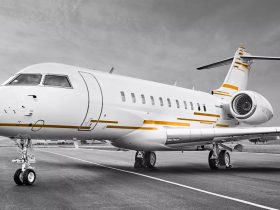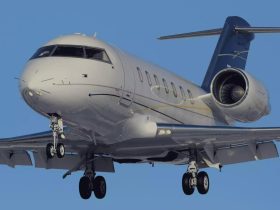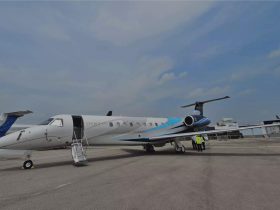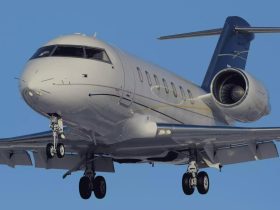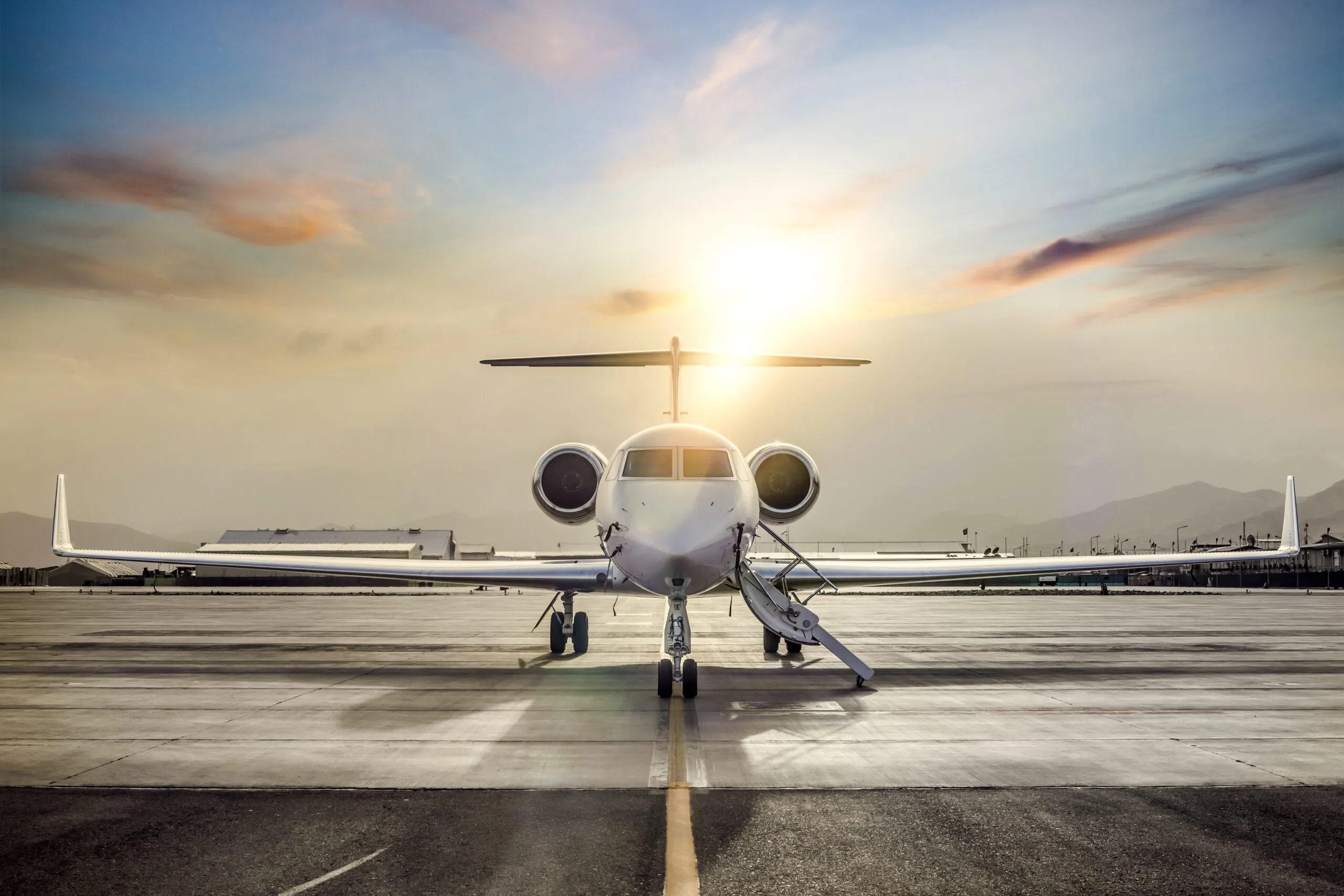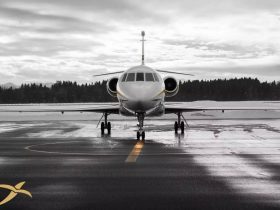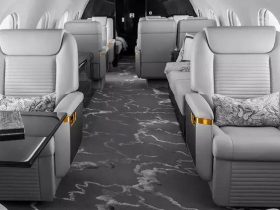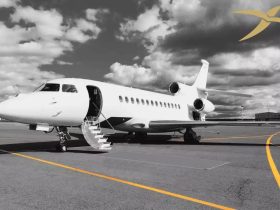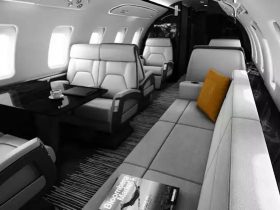Owning and operating a private jet can offer unparalleled convenience and luxury, but it also comes with a hefty price tag. From initial purchase costs to maintenance expenses, the financial implications of owning a private aircraft can be significant. In this article, we will break down the various factors that contribute to the overall cost of owning and operating a private jet, helping you make an informed decision about whether this investment is right for you.
Table of Contents
- Factors Affecting the Operational Costs of Private Jets
- Selecting the Right Aircraft for Cost Efficiency
- Strategies for Minimizing Ownership Expenses
- Expert Tips for Managing Private Jet Expenses
- Closing Remarks

Factors Affecting the Operational Costs of Private Jets
When it comes to owning and operating a private jet, there are several key factors that can substantially impact the overall cost. One of the biggest factors is the type of jet you own, as larger and more luxurious jets will typically have higher maintenance and fuel costs. Another important factor to consider is the age of the jet, as older jets may require more frequent and expensive upgrades and repairs. Additionally, the number of hours the jet is flown each year can impact costs, with more flight hours leading to higher fuel and maintenance expenses.
Other factors that can affect the operational costs of private jets include the location of the owner or operator,as different regions may have varying fuel prices and maintenance costs. Insurance costs, hangar fees, and salaries for pilots and crew members are also critically important considerations to keep in mind. Ultimately, it is essential for potential private jet owners to carefully assess all of these factors before purchasing a jet to ensure they are fully prepared for the ongoing costs associated with ownership.
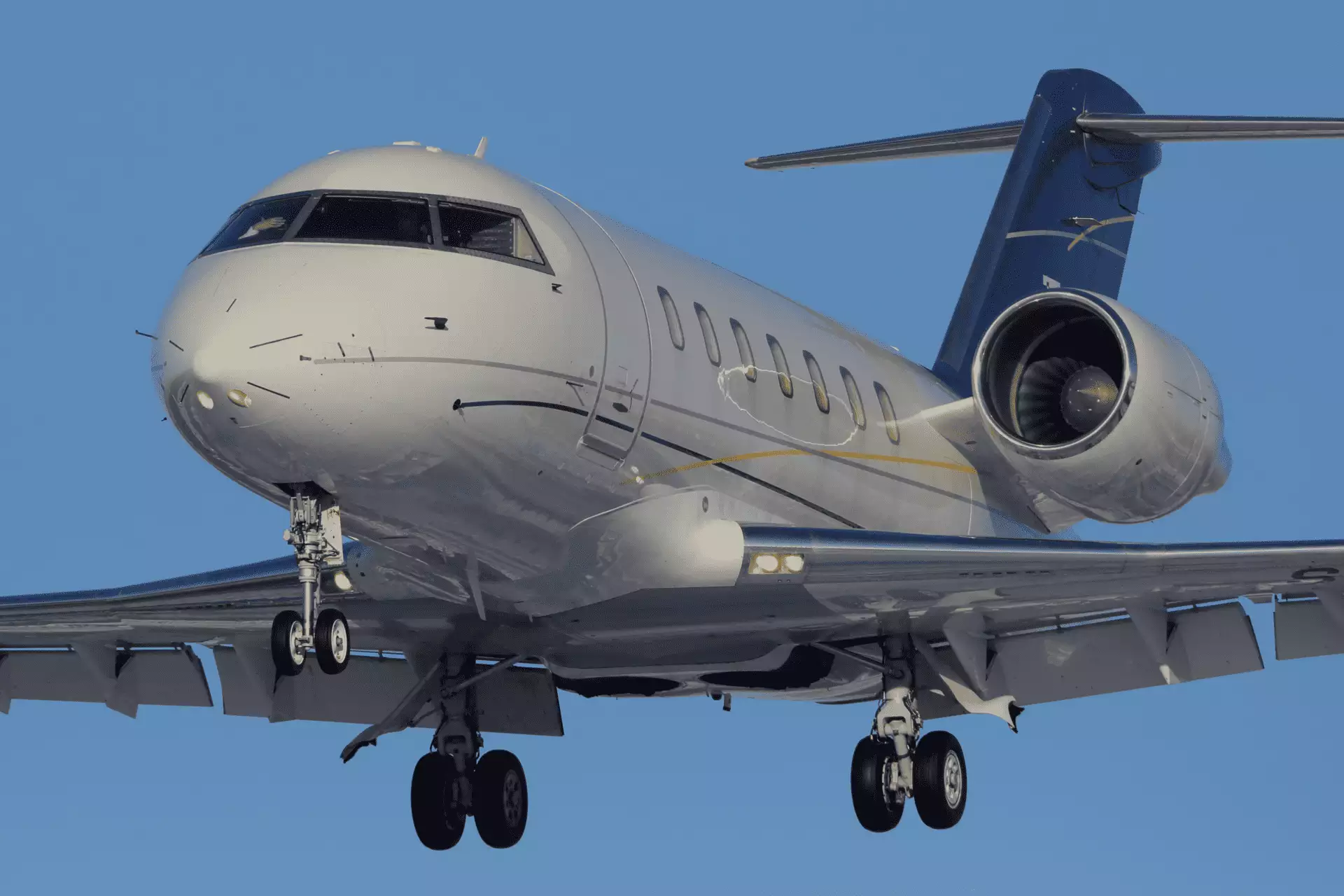
Selecting the Right Aircraft for Cost Efficiency
When it comes to , there are several factors to consider. One of the main considerations is the initial purchase price of the aircraft. It’s important to find a balance between the upfront cost and the long-term operating expenses. Additionally, fuel efficiency is a key factor in the cost of owning and operating a private jet. Opting for an aircraft that has lower fuel consumption can lead to significant savings over time.
Another important aspect to consider is the maintenance costs associated with the aircraft. Some planes require more frequent and expensive maintenance than others, so it’s crucial to factor this into your decision-making process. Additionally, insurance costs, storage fees, and crew salaries can all impact the overall cost of owning and operating a private jet. By carefully evaluating these factors and selecting an aircraft that meets your needs while being cost-efficient, you can ensure a smooth and financially sustainable private jet ownership experience.
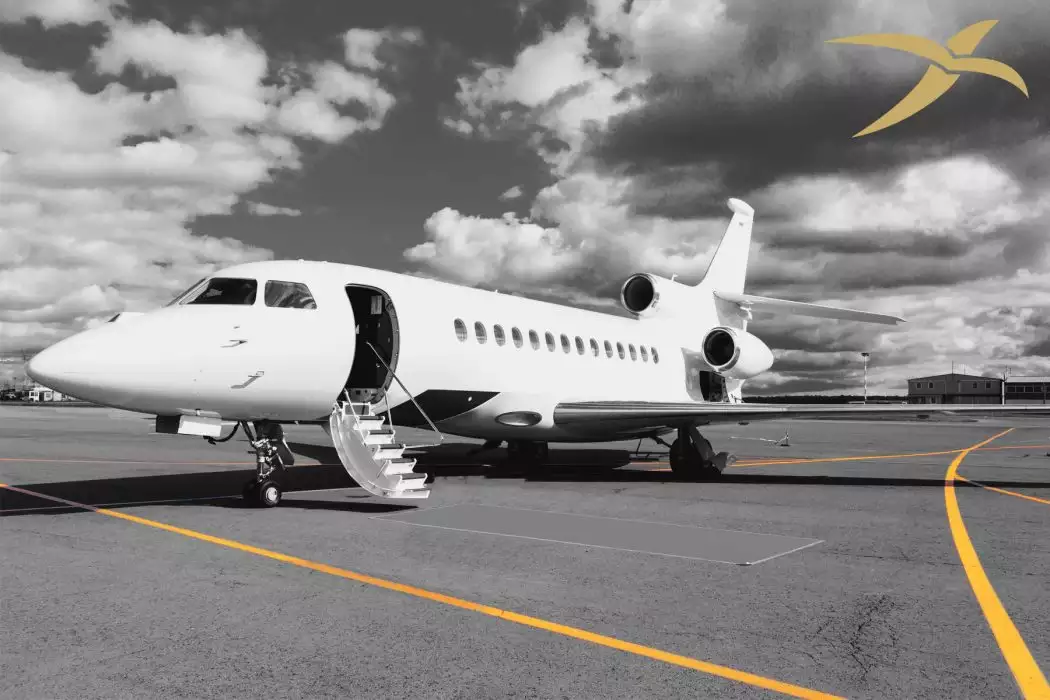
Strategies for Minimizing Ownership Expenses
Owning and operating a private jet can be a dream come true for many individuals, but the costs associated with it can add up quickly. to minimize ownership expenses, there are several strategies that can be implemented:
- Maintain a Regular Maintenance Schedule: By keeping up with routine maintenance, you can prevent costly repairs down the line.
- Consider fractional Ownership: This option allows you to share the costs of ownership with other individuals, making it more affordable.
- Utilize Empty Leg Flights: Take advantage of discounted flights when the aircraft is returning to its base without passengers.
| Strategy | Description |
| Maintain Regular Maintenance Schedule | Prevent costly repairs with routine maintenance. |
| Consider Fractional ownership | Share ownership costs with others. |
| Utilize Empty Leg Flights | Save money on return flights with no passengers. |

Expert Tips for Managing Private Jet Expenses
When it comes to managing private jet expenses, there are several expert tips that can definitely help you keep costs under control. One key tip is to carefully consider the type of aircraft you purchase or charter. Different models have varying costs for maintenance, fuel, and pilot fees, so it’s critically important to choose a jet that aligns with your budget and travel needs.
Another tip is to create a detailed budget that outlines all potential expenses, including routine maintenance, hangar storage, insurance, and upgrades. By staying organized and monitoring your spending, you can avoid unexpected costs and ensure that your private jet remains a valuable investment. Additionally, partnering with a reputable aircraft management company can help streamline finances and provide insight on cost-saving opportunities. With these tips in mind, you can enjoy the luxury and convenience of private jet travel without breaking the bank.
Closing Remarks
owning and operating a private jet can be a significant investment that requires careful consideration of the costs involved. By understanding the various expenses associated with private jet ownership, you can make informed decisions about whether owning a jet is the right choice for you. Remember to consider all factors, such as maintenance, insurance, fuel, and crew salaries, to ensure a realistic budget and avoid unexpected expenses. ultimately, the convenience and luxury of private jet ownership may outweigh the costs for some individuals, but it’s important to carefully assess your financial situation and priorities before making a decision.


